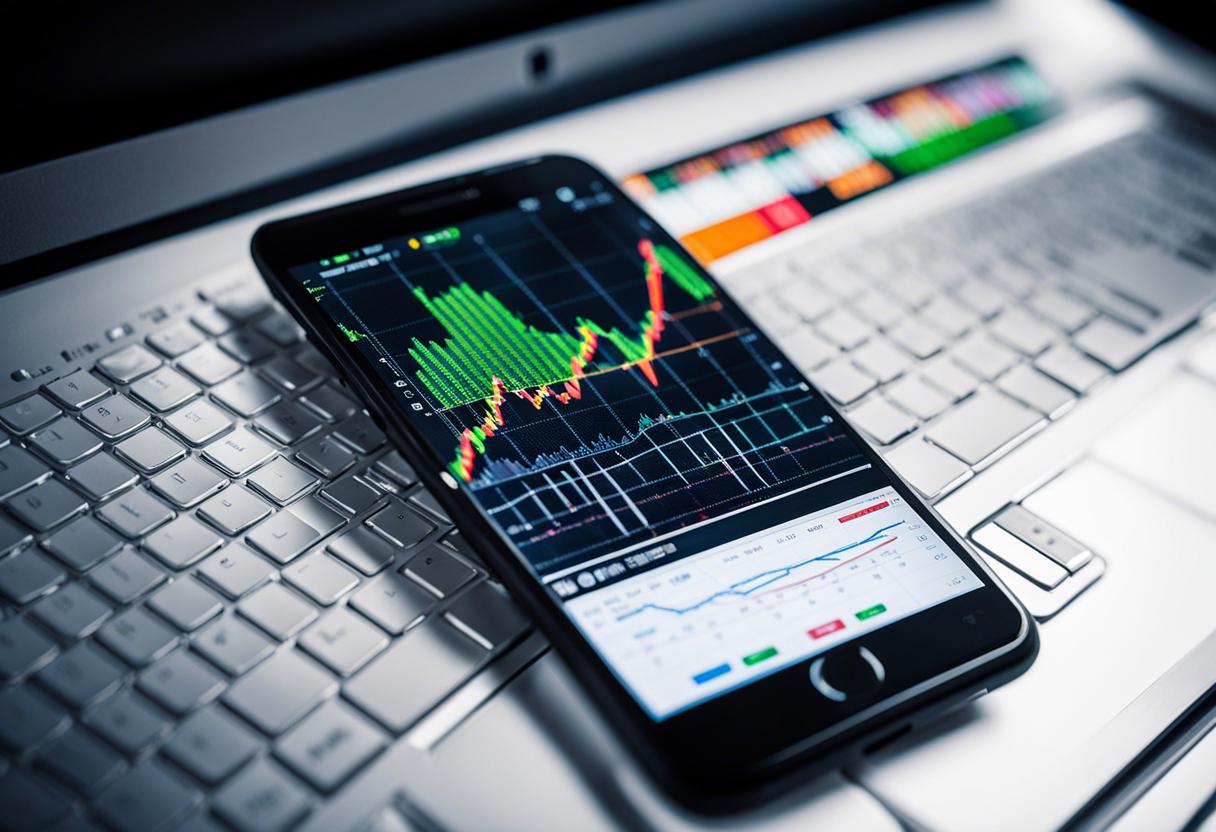The reemergence of Keith Gill, a widely-known Gamestop investor also recognised as Roaring Kitty, incited a fresh surge in meme stock frenzy. This resurgence, after a quiet period of three years, was triggered by a series of enigmatic tweets from Gill, causing a significant increase in meme stock prices including the US cinema chain AMC and Gamestop, whose share price almost quadrupled.
However, the growth is modest compared to the ebullience of 2021’s hype where the share price of Gamestop shot from approximately $4 to $120 within merely few weeks. On this occasion, the swift plunge following Gamestop’s intraday climax on Tuesday indicates a more transitory frenzy.
The situation differs from that of 2021, when pandemic induced lockdowns and the provision of stimulus cheques sparked an influx of novice traders flush with disposable income. The status quo has moved from zero percent to an interest rate peak unseen in over two decades.
This discrepancy is palpable in Vanda Research’s data, which reveals that during the height of 2021, Gamestop’s net retail flows were almost six times larger than those recorded on Monday.
Additionally, hedge funds have gained considerable experience from the unforeseen events of 2021 and are better equipped. Likewise, retail traders are now cognizant that the volatility won’t persist indefinitely, making locking-in swift profits in a precarious advance a more logical strategy than supplementing risky wagers.
Though the coming weeks may herald further frenzy around meme stocks, a re-enactment of the 2021 explosion is improbable.

